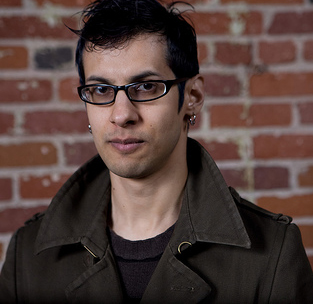A Quote by William Carleton
Feeling in the young precedes philosophy, and often acts with a more certain aim.
Related Quotes
You'll never meet a happy ungrateful person, or an unhappy grateful person because gratitude and happiness go together. Sometimes happiness precedes gratitude but often gratitude precedes happiness. The latter is achieved by realising things could be worse but aren't and so feeling relieved, grateful and happy.
Music expresses feeling, that is to say, gives shape and habitation to feeling, not in space but in time. To the extent that music has a history that is more than a history of its formal evolution, our feelings must have a history too. Perhaps certain qualities of feeling that found expression in music can be recorded by being notated on paper, have become so remote that we can no longer inhabit them as feelings, can get a grasp of them only after long training in the history and philosophy of music, the philosophical history of music, the history of music as a history of the feeling soul.
As is well known the principle of virtual velocities transforms all statics into a mathematical assignment, and by D'Alembert's principle for dynamics, the latter is again reduced to statics. Although it is is very much in order that in gradual training of science and in the instruction of the individual the easier precedes the more difficult, the simple precedes the more complicated, the special precedes the general, yet the min, once it has arrived at the higher standpoint, demands the reverse process whereby all statics appears only as a very special case of mechanics.
The more you see, especially being young, the more you see the past, the more you can draw upon that and the more you can make the present and the future. It's how you process the past and at oftentimes in the picture, there are references to certain imagery from certain pictures, and certain novels.
You are to consider that a certain melancholy and often a certain irascibility accompany advancing age: indeed it might be said that advancing age equals ill-temper. On reaching the middle years a man perceives that he is no longer able to do certain things, that what looks he may have had are deserting him, that he has a ponderous great belly, and that however much he may yet burn he is no longer attractive to women; and he rebels. Fortitude, resignation and philosophy are of more value than any pills, red, white or blue.
But I must work on in full calmness and serenity... The world concerns me only in so far as I feel a certain debt and duty towards it, because I have walked on the earth for thirty years, and out of gratitude want to leave some souvenir in the shape of drawings or pictures, not made to please a certain tendency in art, but to express a sincere human feeling. So this work is the aim-and through concentration upon that one idea, everything one does is simplified. Now the work goes slowly-a reason the more to lose no time.
I look young. I heard this said so often that it became irritating. I once worked as a babysitter for a woman who, the first time we met, said she didn't want somebody in high school. I was 22. Later, I realised that in certain places being female and looking 'young' meant it was more difficult to be taken seriously, so I turned to make-up.






































